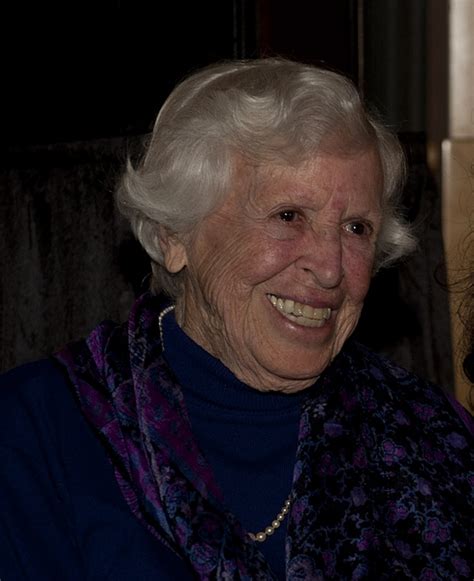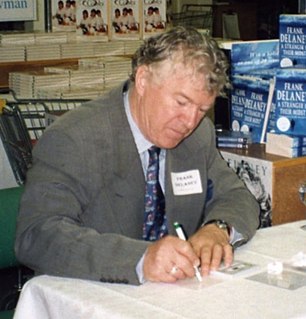A Quote by Dorothy Salisbury Davis
It's a great wonder to me, the Irish attachment to our history. What is it but a series of lamentations?
Related Quotes
'A Naval History of Britain' which begins in the 7th century has to explain what it means by Britain. My meaning is simply the British Isles as a whole, but not any particular nation or state or our own day... 'Britain' is not a perfect word for this purpose, but 'Britain and Ireland' would be both cumbersome and misleading, implying an equality of treatment which is not possible. Ireland and the Irish figure often in this book, but Irish naval history, in the sense of the history of Irish fleets, is largely a history of what might have been rather than what actually happened.
All my family look Irish. They act Irish. My sister even has red hair... it's crazy. I'm the one that doesn't seem Irish. None of the kids in my family, my siblings, speak with an Irish accent... we've never lived there full-time; we weren't born there. We just go there once or twice a year. It's weird. Our parents sound Irish, but we don't.
When the only bond between close friends is attachment, then even a minor issue may cause one's projections to change. As soon as our projections change, the attachment disappears, because that attachment was based solely on projection and expectation. It is possible to have compassion without attachment, and similarly, to have anger without hatred.
We Irish prefer embroideries to plain cloth. To us Irish, memory is a canvas--stretched, primed, and ready for painting on. We love the "story" part of the word "history," and we love it trimmed out with color and drama, ribbons and bows. Listen to our tunes, observe a Celtic scroll: we always decorate our essence.
The near enemy of love is attachment. Attachment masquerades as love. It says, “I will love this person because I need them.” Or, “I’ll love you if you’ll love me back. I’ll love you, but only if you will be the way I want.” This isn’t love at all - it is attachment - and attachment is rigid, it is very different from love.
Just seeing the fact that this is an attachment, that attachment is a bondage - a beautiful word for bondage - that attachment is not love... just seeing the ugliness of attachment - it drops; then arises love. The same energy that was becoming attachment, released from attachment becomes a totally different energy; it becomes love.





































